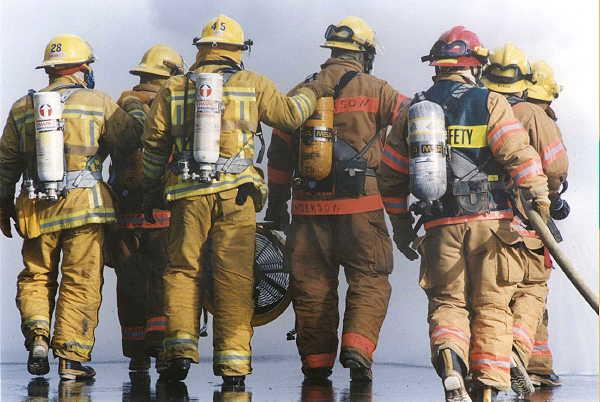Series: An Insurance Guide to House Fires
In the immediate aftermath of the fire, you will likely be shocked and stunned. However, the faster that you can start on the path towards recovery, the better it will be for both you and your home. Here are the steps you should take to ensure an efficient restitution plan.
Find a Place to Stay
Chances are that your home will not be available for you after the fire, meaning that you have to either reach out to friends or family to provide a place to sleep and live in the interim. Only if there is extremely minor damage will you be able to remain in the home, but you have to wait for approval from the fire department.
Call Your Agent
You want to get your agent out to the property as soon as possible to assess the damage and start working on your claim. You want to get things back to normal quickly, so the sooner you do this, the better off you’ll be. Not only can you get a settlement to repair the damage, but you may also be entitled to “loss of use” funds that can help cover immediate expenses, such as living arrangements.
Work on Your Financial Situation
Recovery is the primary goal, but the fact is that banks and lenders won’t put a hold on your mortgage payments just because you had a fire. This is another reason to contact your agent immediately so that you can be sure that you can continue to make payments on time and in full so that you don’t have any financial problems afterward.
Another thing to consider is if any financial documents were lost in the fire. If you lost items like credit cards, bank statements, or tax information it could create problems down the line. Contact these companies to ensure that you can avoid such issues.
Take Inventory of Damaged Items
While the insurance company will run a comprehensive assessment of what was lost or damaged in the fire, you should make sure that all items are accounted for as well. If you have not done a policy renewal in the last few years, you could be sitting on more value than the insurance company may realize. (See Doing an Insurance Review: Why You Need It and What to Do.)
It’s imperative that you work with your insurer to get the funds necessary to replace everything, including those items that were totally destroyed. Overall, this process may take the longest, unless you have an itemized list of purchases and appraisals already. (See Why You Need a Home Inventory List and How to Make One.) Otherwise, you will have to determine the value after the fact so that it can go towards your claim settlement.
Being Safe After a House Fire
No matter what, you should never go back into the house unless the fire department says it’s okay. The structural integrity of the property may not be intact, meaning that you could run into falling debris, further causing injury to yourself and others.
When going back into the house, be sure to avoid sections that are waterlogged. Mold and bacteria will breed in these parts, which could create a health hazard.
As we mentioned, smoke damage can also include dangerous chemicals, so avoid touching items that have soot on them, as well as breathing heavily in sections of the house that have significant smoke stains. If necessary, wear a breathing mask.
Next: What Do Insurance Companies Expect After a House Fire?

